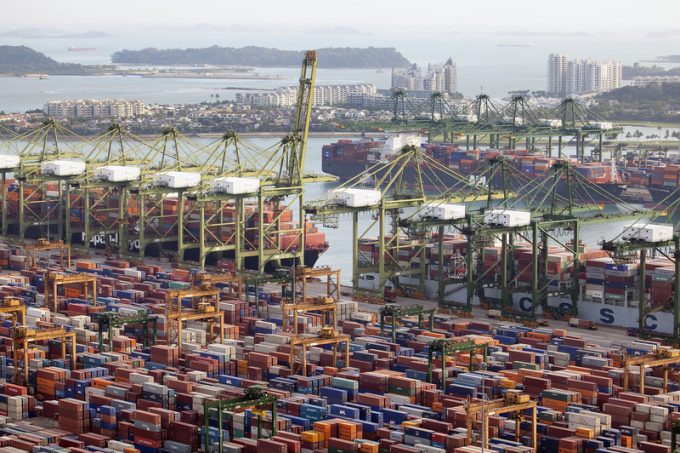AP Møller-Mærsk – D&D-propelled earnings marvel
Moving parts

Global port operator PSA has snapped-up US freight forwarder BDP International, its first foray into logistics, it announced yesterday.
The Singapore-based terminal operator is to acquire all BDP’s shares from Greenbriar Equity Group for an undisclosed sum.
The private equity firm invested in Philadelphia-based BDP in December 2018, ...

Comment on this article